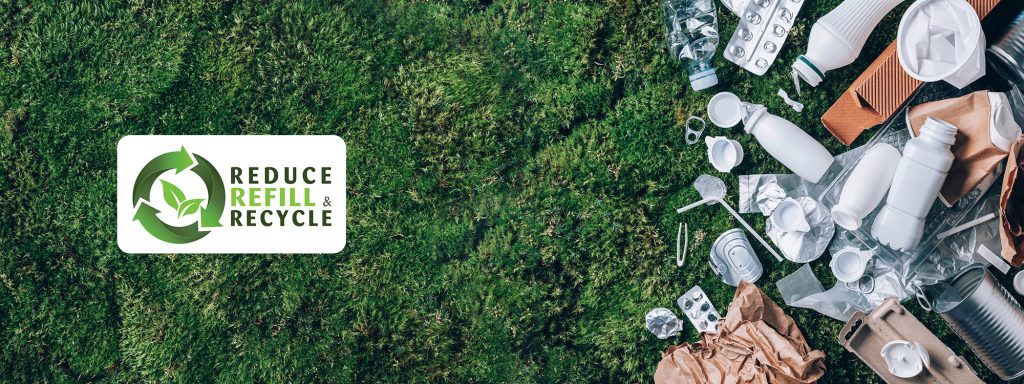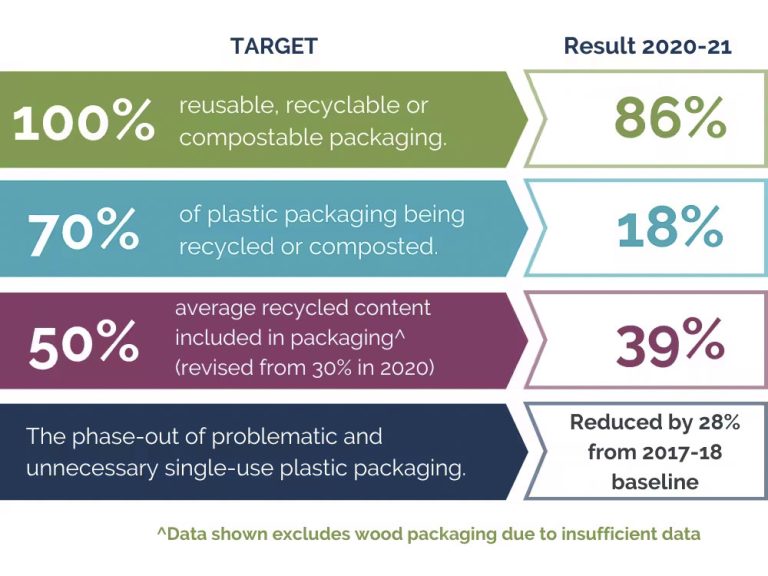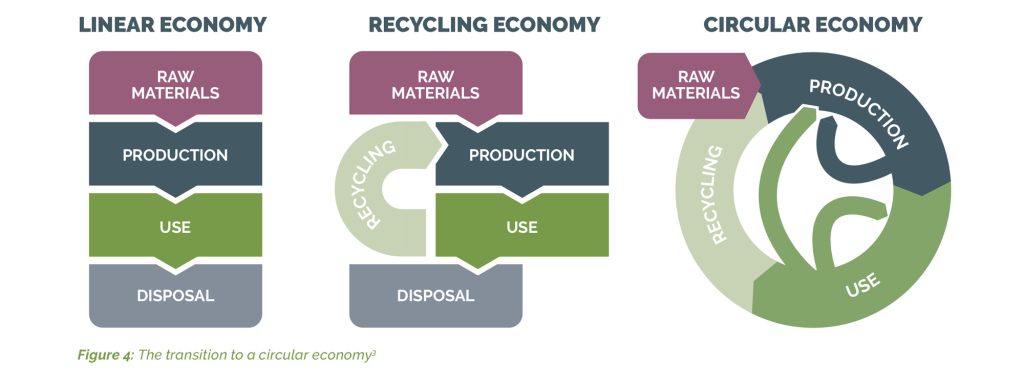
Reduce, Refill or Reuse and Recycle
Here at Rubbedin, we are committed to sustainability and align our values with the principles outlined by the Australian Packaging Covenant (APCO). The APCO is a national regulatory framework established under the National Environment Protection (Used Packaging Materials) Measure 2011 (NEPM). This framework outlines the collaborative efforts between governments and businesses across Australia to address and manage the environmental impacts associated with packaging collectively.
Sustainability is more than a commitment—it is a core value guiding our business practices. As a member of the APCO, we demonstrate our dedication to our responsibility and collaboration in managing the life cycle of packaging materials, reducing waste, and minimising the environmental footprint of our products. We will start to roll out the inclusion of the ARL logos on our retail packaging this year.
By embracing the values embedded in the Covenant, Rubbedin strives to positively impact the environment and inspire others within the industry to join us on this journey toward a more sustainable future. Visit APCO’s website to learn more.
What is The Australasian Recycling Label (ARL)?
The Australasian Recycling Label (ARL) Program is an on-pack labelling scheme that helps consumers recycle correctly and supports brand owners and packaging manufacturers in designing packaging that is recyclable at the end of its life.
As members of the APCO we are working toward including the ARL logos on all our retail packaging. These logos will help consumers like yourself to identify the correct way to dispose of packaging at its end of life. Visit the ARL For Consumers to learn how to dispose of items and whether your council has provisions for special items like soft plastic.
Here are some of the ARL logos you will see on the packaging soon.
Our Packaging Aim
We aim to reduce our environmental impact by encouraging customers to Reuse, Refill, and Recycle by transitioning to a circular economy.
To achieve the 2025 Targets, it is important to move from a linear to a circular economy. This will help shift the focus from purchasing and throwing away to the transition to a circular economy focusing on redesigning materials and products and effective recycling systems for packaging.
- LINEAR ECONOMY: Linear economy is a system in which people buy a product, use it, and then throw it away. The term linear refers to the straight progression that a product can follow, with a beginning, a middle and an end. There is no thought along the line regarding recycling or reuse.
- CIRCULAR ECONOMY: The circular economy is a model of production and consumption, which involves sharing, leasing, reusing, repairing, refurbishing and recycling existing materials and products as long as possible. In this way, the life cycle of products is extended. In practice, it implies reducing waste to a minimum.
This illustration from page 9 of APCO’s ‘Our Packaging Future’ shows the transition.
Our Packaging
Bottles – Our aim is that all our packaging is made from 100% recycled materials, can be reused/refilled, and can be recycled through kerbside-collection or return-to-store programs (when available). Many of our bottles are made from PET or HDPE, but we are moving to 100% recycled materials where possible. Here, you can see how far we have come and where we aim to be by 2030.

Caps – We aim to use caps that can be conditionally recycled by attaching them to the bottle before recycling.
Triggers – Triggers are problematic as the spring components of the triggers are made of metal and are not easily separated. Unfortunately, these individual components are too small for recycling equipment to collect in the sorting process. We aim to have a spray head that can be recycled with the bottle. Until then, we encourage you to refill and reuse our trigger bottles wherever possible to reduce the volume of bottles going to landfill.
Pouches – The RedCycle soft plastic program is currently paused. However, APCO is working with packaging partners and councils to have a solution by the end of 2025. In the meantime, we will continue working with our packaging partners to transition to pouches that are more sustainable.
Tubes – Our tubes currently cannot be recycled due to the complexity of the soft plastic recycling and the sponge head attached. We aim to source materials that can be recycled through the kerbside collection with the sponge and lid attached.
APCO Reports and Action Plans
We will include links to our annual reports as we progress through the APCO program at the bottom of this page. Our first report is due at the end of March 2025.



